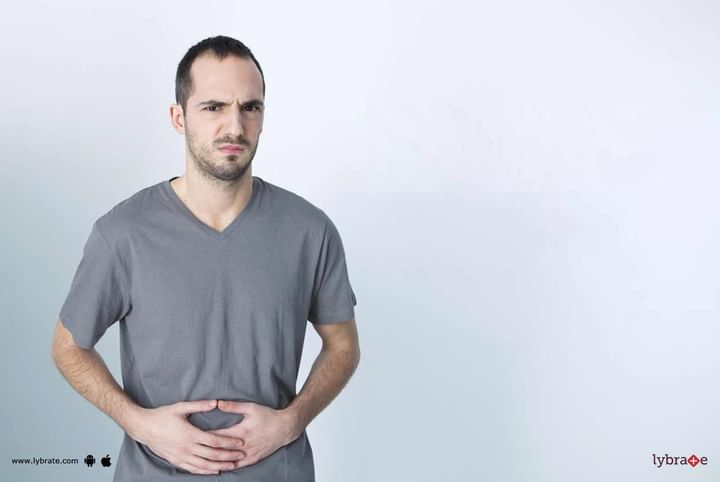Can Chronic Constipation Lead To Colon Polyps?
Constipation refers to infrequent, painful bowel movements that are hard to pass. It is a common digestive issue, affecting about 22% of Indians. Although constipation is likely to affect all age groups, elderly people above age 65 suffer the most.
A person is said to have constipation under the following conditions –
• Fewer than three bowel movements in a week
• Trouble passing stools
• Having dry, hard, unusually large stools The reasons why people get constipation include a poor diet that lacks fibre and fluids, inadequate exercise, and stress.
A person with constipation might experience the following symptoms –
• Bloating
• Pain or strain during a bowel movement
• Bouts of blood in the stool
Fortunately, constipation is avoidable and curable on most occasions. However, some of the symptoms may be an indication of a more severe condition that calls for immediate medical attention. One such condition is colon polyps.
What are colon polyps?
Colon polyps show up as small clusters of cells in the lining of the colon wall. These develop when there is a loss of control in the way cells grow and divide. Environmental factors, poor diet, genetics and others contribute to the loss of control.
Colon polyps are characterized by symptoms such as pain, rectal bleeding, change in bowel movement, change in colour of stools etc.
The link between Chronic Constipation and Colon Polyps
Doctors suggest, your diet has a lot to do with constipation leading to colon polyps. Constipation results from not eating enough fibre-rich foods like fruits, vegetables and whole grains, and consuming foods that are high in fats (red meat, eggs, dairy) instead.
In constipation, the colon muscles contract too slow or sluggishly, making it difficult for the stool to pass smoothly through the colon. Chronic constipation that lasts for more than a week may be an indication of colon polyps. A large colon polyp that blocks your bowel can further induce unbearable abdominal pain and cramps.
Although colon polyps are usually benign, on rare occasions, they can later lead to cancer of the colon.
Doctors recommend eating a healthy diet that incorporates calcium, fibre, and vitamin D, as it will help you heal from chronic constipation and lower your risk of developing colon polyps. Nevertheless, consult a proctologist and seek treatment if the problem persists despite following a balanced diet.



+1.svg)
